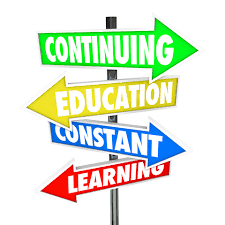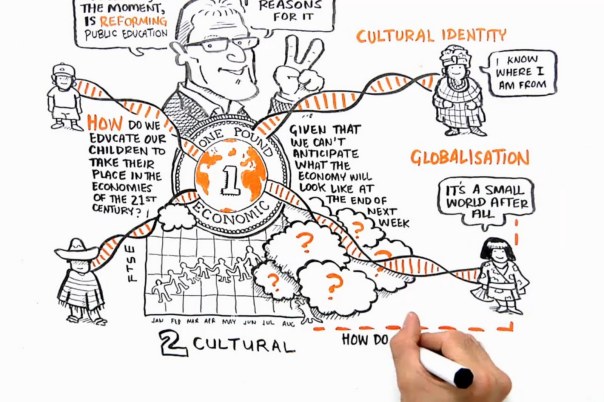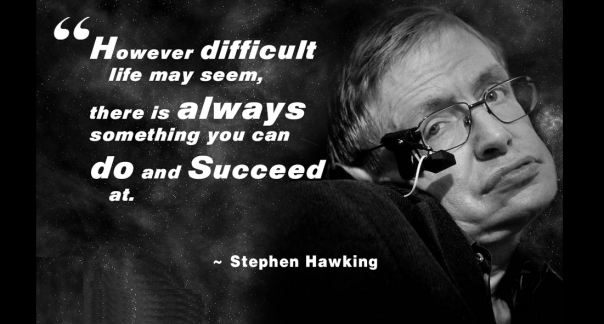
In his address president Nazarbayev (2011) has claimed “Lifelong learning should be the motto for all the people of Kazakhstan”, which refers a new direction and attitude toward obtaining education by all individuals throughout their lives. This principle implies every citizen should be educated and willing to acquire new professional skills, knowledge, disseminate their potentials in the labor market and improve their personal lives which in turns contribute to the country’s economy. So it is important to know what changes this policy brings and how it is being implemented in Kazakhstan.
Kazakhstan is attempting to create conditions for entire citizens to obtain education regardless the age or qualification. Government defined a new way of pursuing education by implementing principle “lifelong education” in the State Program of Education Development in the Republic of Kazakhstan for 2011-2020 (SPED 2011-2020) (MESRK, 2010). Because of being the main policy document in education, public and private educational organizations will act abiding by SPED 2011-2020. This program ensures lifelong learning by mandating to meet the needs of citizens to acquire new professional skills, qualification and knowledge through formal or informal education. Also, the services of educational organizations will be accredited and certified by independent non-governmental organizations. The all working places have to provide opportunities for employees to develop professionally by organizing workshops, trainings, internships and career developing courses as well. According to SPED 2011-2020, the new career advising centers will set up in the universities to drive the lifelong education and assist for the professional development of employees and students. For the workers of production sector learning is individual, and they can choose the form, term and pace of education themselves. Hence, the Kazakhstani citizens have a guarantee of beginning to get education from pre-school to post-retirement age interweaving whole range of formal and informal forms of education.
The essence of lifelong learning policy lies in elevating economic prosperity of country and increasing active citizenship through educating or re-educating unskilled, under qualified and unemployed citizens. According to Lyn Tett (2014), lifelong learning policy promotes active citizenship and employability of individuals. This is because individuals who have no an adequate, up to date knowledge and skills cannot easily engage in society and be succeeded to find a job in the labor market. However, the high level of competence of citizens helps them to supply the demand of labor market, function well in society and contribute to their personal well being. In addition, unemployed individuals can acquire new professional skills and set up their career again. Thus, lifelong learning policy focuses mainly on employability of citizens and contributes to country’s economy.
Lifelong learning is an asset for developing human and intellectual capital in Kazakhstan. Obviously, through lifelong policy it is possible to keep balance between demand and supply in the labor market. In his book, Educational reform and internatinalisation: The case of school reform in Kazakhstan, David Bridges claims that Kazakhstani citizens lack practical skills and their qualification and knowledge do not work in the market. And those whose qualification is out dated or irrelevant in the market can acquire new practical skills and find a job or set up their own business. For instance, state creates the access to the technical and vocational education, which is free of charge. Also, it is never late for all citizens in Kazakhstan to learn state language–Kazakh, other languages such as Russian and English, also to acquire critical thinking skills and practical skills as professional development resources in terms of lifelong learning project.
Lifelong learning illuminates the way ahead as William Butler Yeats said : ‘Education is not filling a pail, but lighting a fire.
References:
Bridges, D. (2014). Educational reform and internatinalisation. The case of school reform in Kazakhstan (pp.53-70). United kingdom, UK: Cambridge University press.
MESRK (2010). The State Program for Education Development in the Republic of Kazakhstan 2011-20:RK Presidential decree as of December 7, 2010, Number 1118. Retrieved from https://moodle.nu.edu.kz/mod/folder/view.php?id=131068
Nazarbayev, N. (2011). Building the future together. Address of the President of the Republic of Kazakhstan N.Nazarbayev to the nation. January 28, 2011. Retrieved from http://www.akorda.kz/en/addresses/addresses_of_president/address-of-the-president-of-the-republic-of-kazakhstan-nursultan-nazarbayev-to-the-people-of-kazakhstan-january-28-2011_1341926571
Tett, L. (2014). Lifelong learning policy, paradoxes and practice. The adult learners Jouranl, 1, 15-28. Retrieved from https://www.researchgate.net/publication/271430601_Lifelong_learning_policies_paradoxes_and_possibilities
 Retrieved from https://www.google.kz/search?q=square+a+circle&source=lnms&tbm=isch&sa=X&ved=0ahUKEwiCmJKI0tPKAhUC3SwKHXXOCzkQ_AUIBygB&biw=1366&bih=643#tbm=isch&q=ken+robinson+video
Retrieved from https://www.google.kz/search?q=square+a+circle&source=lnms&tbm=isch&sa=X&ved=0ahUKEwiCmJKI0tPKAhUC3SwKHXXOCzkQ_AUIBygB&biw=1366&bih=643#tbm=isch&q=ken+robinson+video

 Tendenciya padeniya prestizha pedagogicheskoi professii sredi molodezhi. [The trend of falling the prestige of teaching profession among young people]. (n.d.). KGKP “Karasuskii selskohozyaistvennyi college” upravleniya obrazovaniya akimata Kostanaiskoi oblasty. Retrieved from
Tendenciya padeniya prestizha pedagogicheskoi professii sredi molodezhi. [The trend of falling the prestige of teaching profession among young people]. (n.d.). KGKP “Karasuskii selskohozyaistvennyi college” upravleniya obrazovaniya akimata Kostanaiskoi oblasty. Retrieved from 

 language as an adult wishes they could have started doing it at his or her childhood. We assume childhood, early ages in particular, is the time when a new language learning goes faste and with less stress. “The earlier, the better” assumption inspires many educational policy makers, administrators, teachers, and parents around the world to initiate the early English learning and teaching in a preschool level. Kazakhstan is not an exception. According to
language as an adult wishes they could have started doing it at his or her childhood. We assume childhood, early ages in particular, is the time when a new language learning goes faste and with less stress. “The earlier, the better” assumption inspires many educational policy makers, administrators, teachers, and parents around the world to initiate the early English learning and teaching in a preschool level. Kazakhstan is not an exception. According to